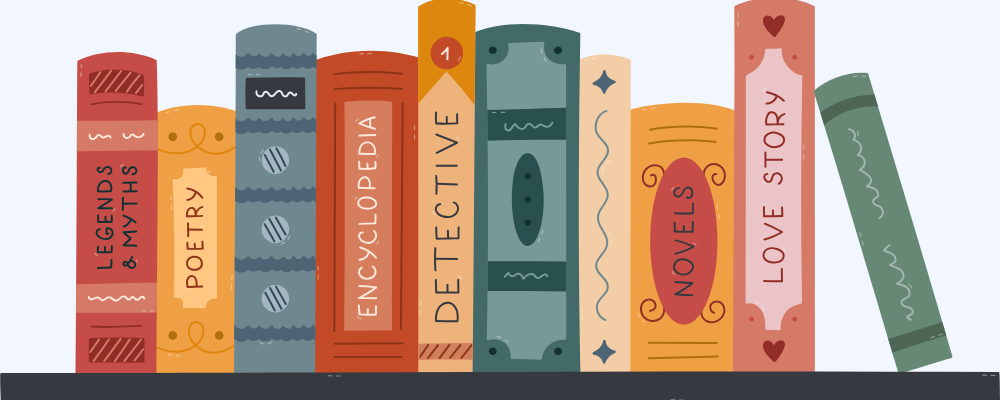This blog post continues our series where we’ll demonstrate how to highlight diverse book content using the Thema subject classification system. You can review our blog coverage of Thema here, and follow this series here. Please note that this post has been updated to better reflect the book contents and how they can be highlighted using Thema.
In case you’re new to this series, here’s the main reason why we at BookNet are fans of the Thema subject classification system: compared to BISAC, Thema can communicate more granular and specific information about a book’s content which allows data senders and data recipients to share and display information about a book that represents a more diverse and inclusive range of content ripe for discovery by a marketplace that demands it.
New to Thema? Learn more about the basics here.
Thema: real life examples
In this series, we’ve been sharing EDItEUR’s examples included in their Diversity and inclusion — using Thema and ONIX to improve discoverability report, as well as Thema classification codes and qualifiers for Canadian titles. For this specific instalment, we’ll be featuring an example based on a book written by Joshua Whitehead a Two-Spirit, Oji-nêhiyaw member of Peguis First Nation (Treaty 1).
If you wish to take your Thema knowledge even further, we highly encourage you to read our previous posts in this series, they’re all available here.
Please note that our suggestions don’t necessarily represent the actual codes chosen by the publishers; they’re meant to stimulate discussion and reflection rather than being authoritative statements of the correct way to categorize the particular books listed.
Canadian market example: Jonny Appleseed by Joshua Whitehead from Arsenal Pulp Press
Publisher-provided BISAC subjects (updated to reflect current BISAC lists):
FIC011000 - FICTION / LGBTQ+ / Gay
FIC019000 - FICTION / Literary
FIC059000 - FICTION / Indigenous
YAF031000 - YOUNG ADULT FICTION / LGBTQ+
Theoretical subject categorization:
FBA - Modern and contemporary fiction
JBSJ - LGBTQ+ / Gay and Lesbian Studies
FXN - Narrative theme: Identity / belonging
Accompanying qualifiers:
5PS - Relating to LGBTQ+ people
5PBA - Relating to Indigenous peoples
1KBC - North America (USA and Canada)
5AU - Interest age: from c 17 years
Rationale:
In Jonny Appleseed, the main character of the same name is a young Two-Spirit/Indigiqueer who has one before he returns to the reserve to attend his stepfather’s funeral. Living loud and proud in the big city as a self-described NDN glitter princess, Jonny’s story sparkles and shimmers as he navigates the past and the present, memories and the day-to-day, with a collision with history looming. Thema’s unique structure is well suited to handle such multi-faceted works: where the “FBA - Modern and contemporary fiction” main subject classification is too generic for the purposes of such a book, the accompanying qualifiers are where the details are found.
The “narrative themes” section can be particularly useful — as it is for this book. For such a text, we recommend a mix of qualifiers to encapsulate the many interest groups this book rightly attracts.
Note that neither BISAC nor Thema recommend mixing adult and YA subjects so the publisher’s choice of adding a single YA code is ‘out of spec’ but reflects the book’s reality. We chose to include an advanced age range qualifier without any juvenile code to carry a similar message.
Want more worked examples?
To read more examples as they are posted, subscribe to our weekly eNews or nab the RSS feed. And if you’re a Canadian publisher interested in submitting a Thema classification for one of your titles so it can be shared in this series, please get in touch with us!















We explain how a book becomes a bestseller.